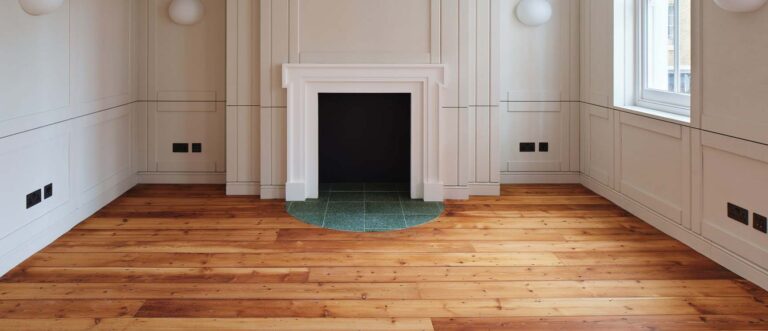At Maconda Solutions, we are all about driving practical solutions and we take pride in pushing the boundaries of circular construction. Our recent collaboration with global main contractor Multiplex on the One Nine Elms project marks a significant achievement as we successfully trial Material Passports in a UK first.
The case study explored the use of Material Passports and the role of the ‘Circular Signature® in reshaping the future of construction. Implementing this new approach is critical in setting new standards for reducing embodied emissions, improving circularity and realising new sources of financial return.
This case study isn’t just a testament to our success at delivering industry leading innovation; it’s also a narrative of how we are redefining the construction landscape with circularity at its core. Discover the regenerative practices that mark a historic milestone in circular construction.
Read the full case study below
Multiplex has completed a successful trial of materials passports at the One Nine Elms project in Vauxhall, London.
The materials passports trial on phase one of One Nine Elms, being developed by R&F Properties, focused on the luxury hotel element of the scheme, comprising 267,000 sq ft over 19 storeys. Multiplex claims this is the first materials passports pilot in Britain to focus specifically on difficult-to-manage fit-out elements, including high-value bespoke stonework as well as tile, screed, insulation and bathroom fixture elements.
Multiplex collaborated with the circular built environment consultancy Maconda Solutions, using Upcyclea software to gather building material information. This data was then used to generate key metrics that produced scores for the project’s carbon footprint, circularity, material health and financial residual value, creating the so-called ‘circular signature’ (the circularity equivalent of a built asset’s carbon footprint).
The use of materials passports allowed Multiplex to calculate the total carbon impact of each item in the fit-out, showing the building’s overall carbon footprint. The software also provided Multiplex with comprehensive detail on reusing materials and their future value, which will help the contractor showcase the financial advantages of a circular economy to other clients.
On One Nine Elms, nearly 1.5 million kg of material was covered by passports. Analysis of the cladding elements on the scheme showed that up to 40.8% of the initial materials cost could be recovered using existing reuse and recycling routes.
Findings Shared
Multiplex has shared its findings with the Orms Material Passport Working Group, as well as at the UK Green Building Council & ReLondon (formerly known as the London Waste and Recycling Board).
Multiplex is set to test materials passports on other unnamed projects.
Maria Fernandez Cachafeiro, head of sustainability at Multiplex, said: “Materials passports represent a significant shift in the economics of construction and the wider industry mindset. Multiplex is committed to being at the forefront of progress, and even more so based on our experience at One Nine Elms. This project has really showcased the feasibility and benefits of materials passports on projects of significant scale and how the circular economy model can be applied along the entire supply chain.
Access the full case study with our partners Multiplex on BIMplus




